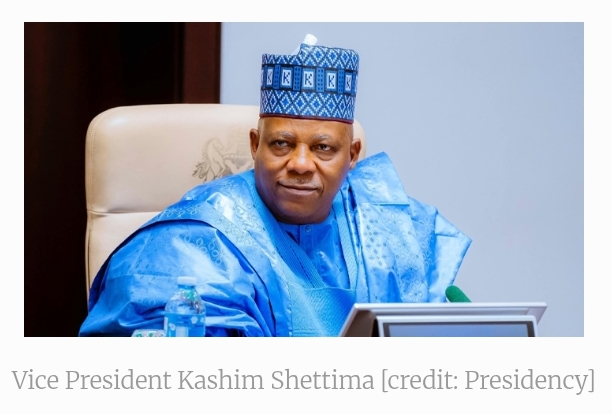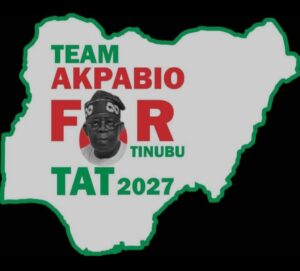
Wednesday July 30, 2025
By TheNewsDESK |
The Vice President of Nigeria, Kashim Shettima has reaffirmed the commitment of President Bola Tinubu’s administration to inclusive governance and responsive policymaking rooted in wide-range public engagement and empathy.
A statement by the spokesperson of the vice-president, Stanley Nkwocha, said Vice President Shettima spoke in Kaduna at a two-day interactive session on Government–Citizens’ Engagement, organised by the Sir Ahmadu Bello Memorial Foundation.
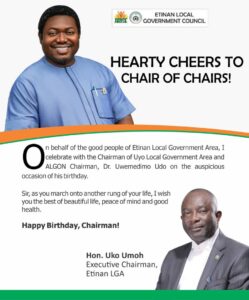

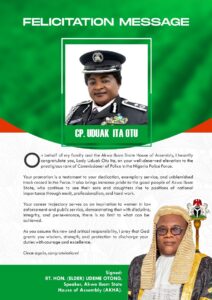
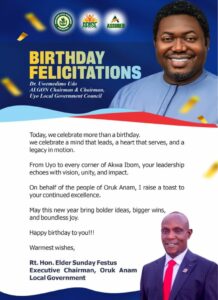
He said that instead of governing Nigeria from a distance, President Tinubu’s administration was walking hand in hand with the people through critical national reforms.
The vice president said the Nigerian leader has demonstrated that his administration was “neither crafting policy in solitude nor assuming that technocracy alone delivers results.”
Represented by Aliyu Modibbo, the Special Adviser to the President on General Duties (Office of the Vice-President), Vice President Shettima declared that President Tinubu’s administration was convening conversations and institutionalising listening.
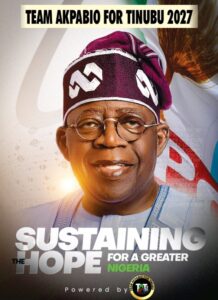
”What we nurture today is not just a government of the people but a government with the people,” he said.
The Vice President highlighted several reforms of the administration where public inputs significantly shaped final outcomes, including tax policy, education access, and economic relief measures following the removal of fuel subsidies.
Regarding the students’ loan law, which was initially passed as the Access to Higher Education Act, he said in response that the administration repealed and reenacted the law.
He said, ”Removing income ceilings and guarantor barriers that had become symbolic walls between ambition and opportunity.”
The vice president reiterated the government’s belief that “no student should be disqualified for being born on the wrong side of poverty.”



On tax reforms, Vice President Shettima said the administration established a Presidential Tax and Fiscal Reform Committee to engage stakeholders from across the country to address grey areas in the reforms.
”When objections arose from governors and citizens alike, the president did not dismiss them. He welcomed their candour and ensured tax bills passed through public hearings.
”Even unpopular taxes inherited from past regimes, like the 10 per cent single-use plastic levy and telecom tax, were suspended after critical review,” he stated.
Vice President Shettima also spoke about the contentious issue of fuel subsidy removal, saying the Tinubu government acknowledged the hardship faced by ordinary Nigerians and accompanied the policy with strategic responses.
He continued, “We met with labour unions not with threats, but with empathy. We offered palliative packages, increased wages, waived diesel taxes, and introduced alternatives like CNG buses to cushion transport costs. We were not merely reacting. We were responding.”
The vice president said the reforms in other sectors of the economy followed the same pattern of engaging with the people and making necessary adjustments to the original propositions where necessary.
He further noted that every step of the way, Mr Tinubu showed concern for the people.
Vice President Shettima emphasised, “Governance is not a theatre of perfection but a process of correction, and a government that listens is a government that learns. And a government that learns is a government that leads.”
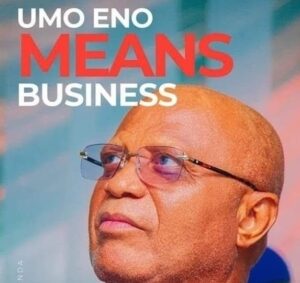
Related posts
Categories
- Advertisements (1)
- Agriculture (45)
- Breaking News (26)
- Business (598)
- Crime (989)
- Education (319)
- Entertainment (128)
- Features (13)
- For The Records (43)
- Foreign News (1,189)
- Health (219)
- Home News (332)
- Interview (9)
- Judiciary (349)
- Lifestyle (140)
- Local News (111)
- National News (1,448)
- Opinion (26)
- Politics (1,012)
- Religion (157)
- Science and Technology (125)
- Security (680)
- Sports (880)
- States' News (819)
- Transportation (330)
- Uncategorized (10)

